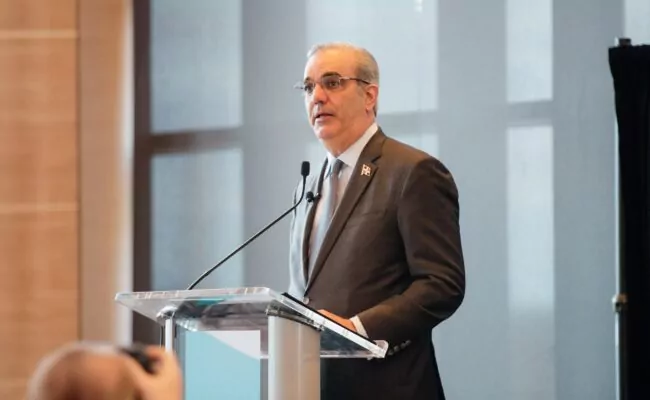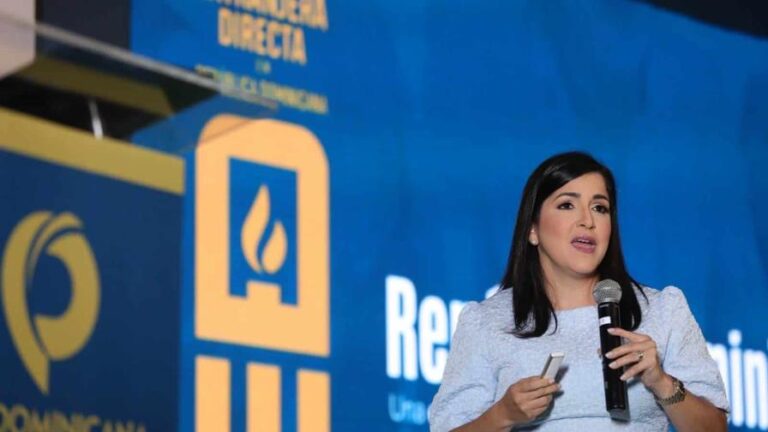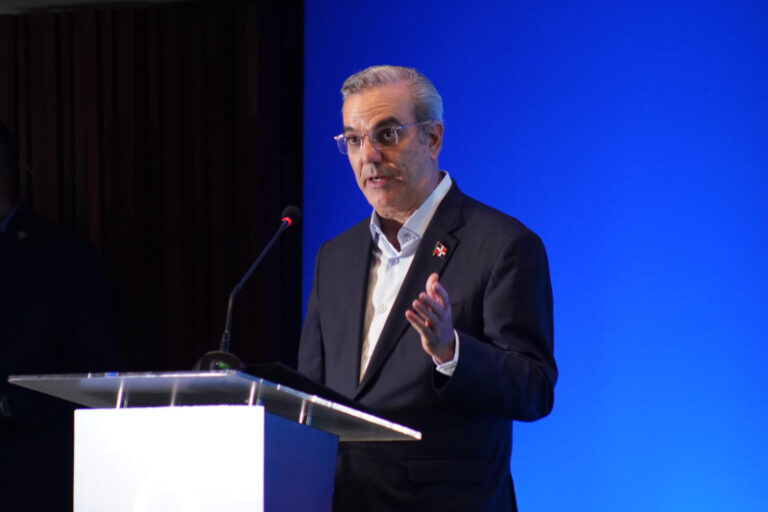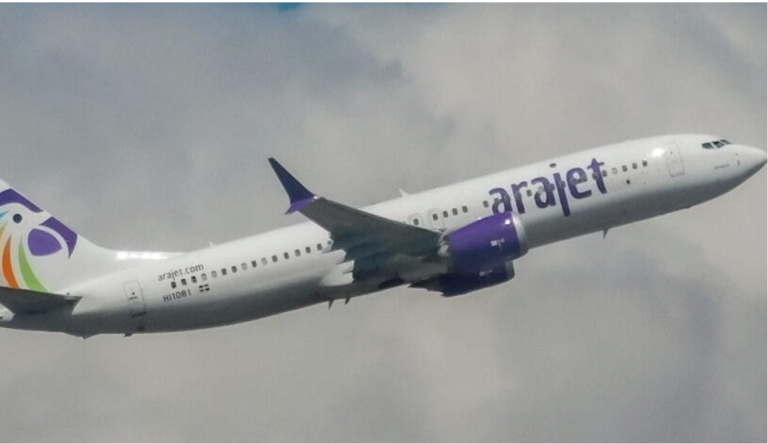From January to October 1, 42 tourism investment projects have been approved with a definitive classification for an amount of US$1,567 million which would build 9,260 rooms over the next three years. According to type, there are 30 in the real estate sector; 7 hotel projects and 5 mixed projects.
And 20 projects have been approved with provisional classification, with an investment of US$1,002 million and totaling 6,640 rooms.
In addition, 187 tax exonerations have been approved for projects investing US$1,429 million, according to figures from the Tourism Development Council (Confotur), created by Law 158-01.
Confotur technical director Brenda Morales explained that foreign investment in tourism accumulated US$1,481 million from 2020-2023, has 55,772 new rooms or in the process of construction, has allowed 1,936,857 tourists to arrive, and created 179,000 direct jobs.
Morales offered these data in his presentation “Legal security in real estate tourism”, during a forum held by the Dominican Association of Tourism Real Estate Companies (Adeti). And this offered statistics on digital platforms such as Airbnb and others.
He also said that these real estate projects that are developed with the objective of renting for tourists and meeting the requirements are benefiting from the tax exemptions established in 158-01.
He expressed that every day there are more complementary offers to Airbnb-type hotels and this will evolve over time because there is a tourist who is asking for it and they estimate that it will continue to grow.
According to statistics of Confotur until August 2023 by the digital platform Airbnb and related, there are 355,177 lodgings, of which 67% are hotels and 27% private.
However, their average occupancy rate is 27% and their average income is US$135.7.
In detail, there are 43,302 properties that in one year grew 222 %. With 106,990 rooms that grew 212 %.
These Airbnb are 23.8 % in Santo Domingo; 23.6 % in La Altagracia; 15.4 % in Puerto Plata; 7.2 % in Samaná and 7.2 % in Santiago.
Tourists have an average stay of 11 days on Airbnb and in hotels an average of seven days. Of these tourists 58 percent are from the United States, 7.4 percent are from Canada, and 5.1 percent are from Colombia.
Morales expressed that they are working on a regulation together with the private sector for Airbnb lodgings so that these take care of the quality standards of the sector.
He recalled that Law 158-01 seeks to increase investment in tourism, to diversify tourist areas, to ensure that there is adequate competition with other international destinations, and that this has an impact on the generation of jobs.
He emphasized that Confotur is working to eliminate bureaucratic procedures; break with the fear of public administration; comply with the formalities of the law; integrate information and make efficient use of it and improve interaction with other institutions.
Source:




